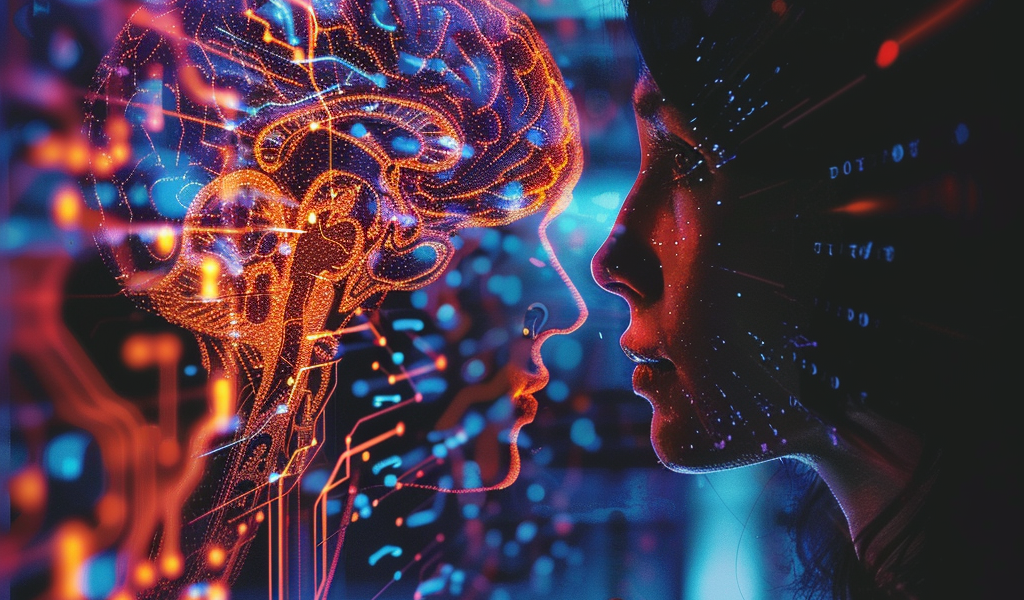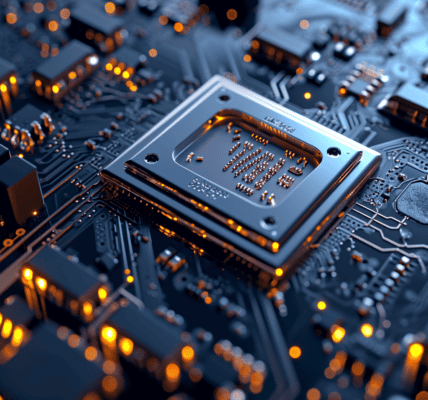The rapid advancements in artificial intelligence (AI) have sparked a fascinating debate about the potential for machines to interpret human thoughts. As technology evolves, the once fictional concept of mind-reading AI is inching closer to reality, bringing with it both excitement and trepidation.
At the forefront of this research is the Massachusetts Institute of Technology (MIT), where scientists are diligently studying brain activity patterns. Their focus lies on distinguishing between various types of brain waves, particularly gamma and alpha waves, which traverse different regions of the brain. Earl Miller, a Picower Professor of Neuroscience at MIT, has previously elaborated on the significance of these interactions, noting, “These interactions between beta and gamma are happening all over the cortex, and it’s not generic — it targets the processing of specific stimuli.” This implies that the brain’s electrical activity is not only complex but also highly specialized.
Recent findings from MIT researchers indicate that distinct neural layers can be identified, which could have profound implications for clinical diagnostics. For instance, synchronous brain waves have been linked to epilepsy, while brain responses to familiar stimuli may shed light on predictive coding impairments associated with autism and certain behavioral disorders.
As these scientific inquiries progress, AI’s capacity to decipher human thoughts is also on the rise. Notably, studies involving functional magnetic resonance imaging (fMRI) machines have shown that AI can often accurately interpret human mental images. This capability has raised concerns among some observers, who describe the accuracy of these assessments as “terrifying.” However, experts in the field suggest that we may be closer to realizing consumer applications than previously anticipated.
This evolution in technology draws intriguing parallels to concepts such as extrasensory perception (ESP) and clairvoyance, which were once regarded as mystical phenomena. The transformation of these ideas into tangible scientific possibilities underscores the pace at which AI is advancing.
In a related development, A.J. Keller, speaking at an event titled Imagination in Action, discussed the potential of brain-computer interfaces. He emphasized that the first significant application of these interfaces might be to assist individuals in overcoming inherent human challenges. Keller’s insights highlight the potential for technology to enhance human capabilities and address disabilities, marking a significant step forward in the integration of AI with human experience.
As researchers continue to unravel the complexities of the brain and refine AI’s interpretative abilities, the implications for society could be vast. From improving medical diagnoses to enhancing communication for those with disabilities, the possibilities are both promising and profound.
The intersection of neuroscience and artificial intelligence is not just a scientific curiosity; it is a burgeoning field that could redefine our understanding of consciousness and cognition. As we stand on the brink of potentially groundbreaking advancements, the ethical considerations surrounding mind-reading technology will also demand careful examination.
As the dialogue surrounding AI and mind-reading evolves, it is crucial to engage with the implications of such technologies. The potential for AI to read thoughts raises questions about privacy, consent, and the very nature of human experience. Society must navigate these complexities as we venture into an era where the boundaries between human thought and machine interpretation become increasingly blurred.
The future of AI and neuroscience promises to be a thrilling journey, one that may ultimately change how we interact with technology and understand our own minds. As researchers push the boundaries of what is possible, the world watches with bated breath, eager to see what the next breakthrough will bring.





